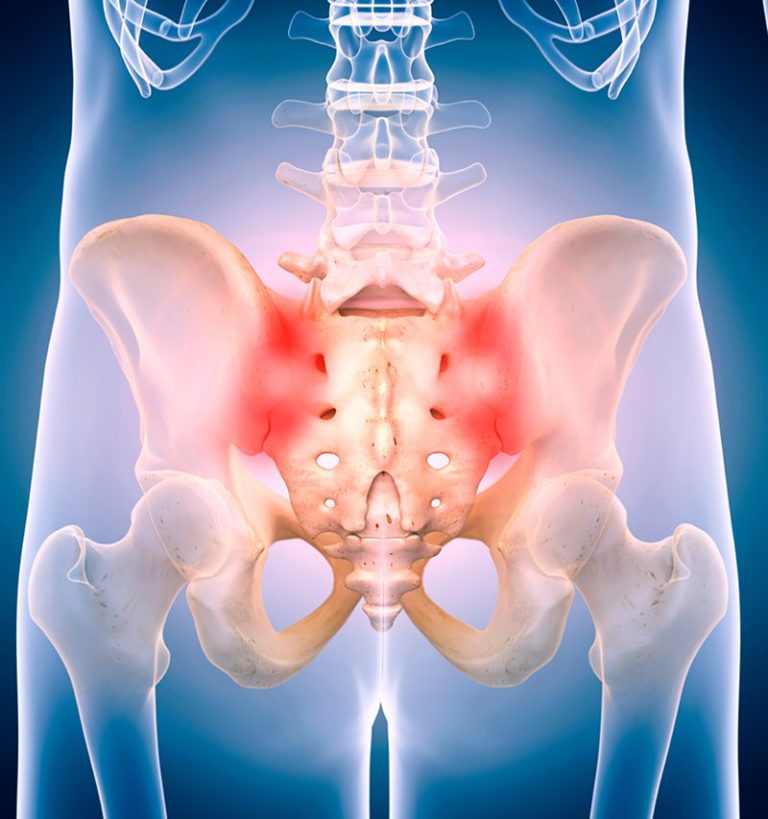How Long Do Veneer Last

The durability and lifespan of dental veneers have become a significant concern for individuals considering this cosmetic dentistry procedure. Veneers, thin layers of porcelain or composite material, are bonded to the front of teeth to improve their appearance, hiding imperfections such as discoloration, chips, or misalignment. The longevity of veneers depends on several factors, including the type of veneer, oral hygiene practices, and the patient’s lifestyle.
Factors Influencing the Lifespan of Veneers
Material Quality and Type: The choice between porcelain and composite veneers significantly affects their durability. Porcelain veneers are generally more resistant to stains and last longer, typically up to 15-20 years, due to their glass-like structure. Composite veneers, made from a resin material, are less expensive but may not last as long, typically up to 10 years, as they are more prone to staining and wear.
Dental Hygiene: Proper care, including regular brushing with a soft toothbrush and non-abrasive toothpaste, and flossing, is crucial for extending the life of veneers. Poor oral hygiene can lead to gum disease, which can cause veneers to detach or become loose over time.
Grinding and Clenching: Habits such as teeth grinding (bruxism) or clenching can exert excessive pressure on veneers, leading to chips or cracks. Wearing a mouthguard at night can help mitigate this issue.
Bite Alignment: If the upper and lower teeth do not align properly, it can put additional stress on the veneers, potentially reducing their lifespan.
Maintenance and Follow-Up: Regular dental check-ups are essential for monitoring the condition of veneers and addressing any issues promptly. Professional cleanings can also help in maintaining the health and appearance of veneers.
Average Lifespan and Replacement
While veneers can last for many years with proper care, they are not a permanent solution. Over time, veneers may need to be replaced due to wear, damage, or changes in the underlying tooth structure. The average lifespan of veneers varies:
- Porcelain Veneers: 10 to 20 years
- Composite Veneers: 5 to 10 years
Replacement procedures may involve updating the veneer design to match any changes in the patient’s smile preferences or to reflect improvements in dental technology.
Maintenance Tips for Long-Lasting Veneers
To ensure veneers last as long as possible:
- Regular Dental Visits: Maintain regular check-ups with your dentist to monitor the condition of your veneers.
- Proper Hygiene: Practice meticulous oral hygiene, including gentle brushing, flossing, and the use of an antibacterial mouthwash.
- Avoid Biting Hard Objects: Refrain from biting or chewing on hard objects like ice, hard candy, or your nails, as these can damage veneers.
- Wear a Night Guard: If you grind your teeth at night, wearing a mouthguard can protect your veneers from unnecessary wear.
By understanding the factors that influence the lifespan of veneers and following proper maintenance and care guidelines, individuals can enjoy their veneers for many years, enhancing both the function and aesthetics of their smile.
How often should I visit my dentist after getting veneers?
+Regular dental check-ups are recommended every 6 months to ensure the veneers are in good condition and to address any potential issues early on.
Can veneers be repaired if they get damaged?
+In some cases, minor damages to veneers can be repaired. However, more significant damages might require the replacement of the veneer. Consult with your dentist to determine the best course of action.
Are veneers suitable for everyone?
+Veneers are not suitable for everyone, especially those with severe tooth decay, gum disease, or significant tooth alignment issues. A consultation with a dental professional can help determine if veneers are a viable option for your specific situation.
In conclusion, while veneers offer a durable and long-lasting solution for dental imperfections, their lifespan is influenced by a combination of factors including material quality, oral hygiene, and lifestyle habits. By choosing the right type of veneer and maintaining good dental care practices, individuals can enjoy the aesthetic and functional benefits of veneers for many years.
